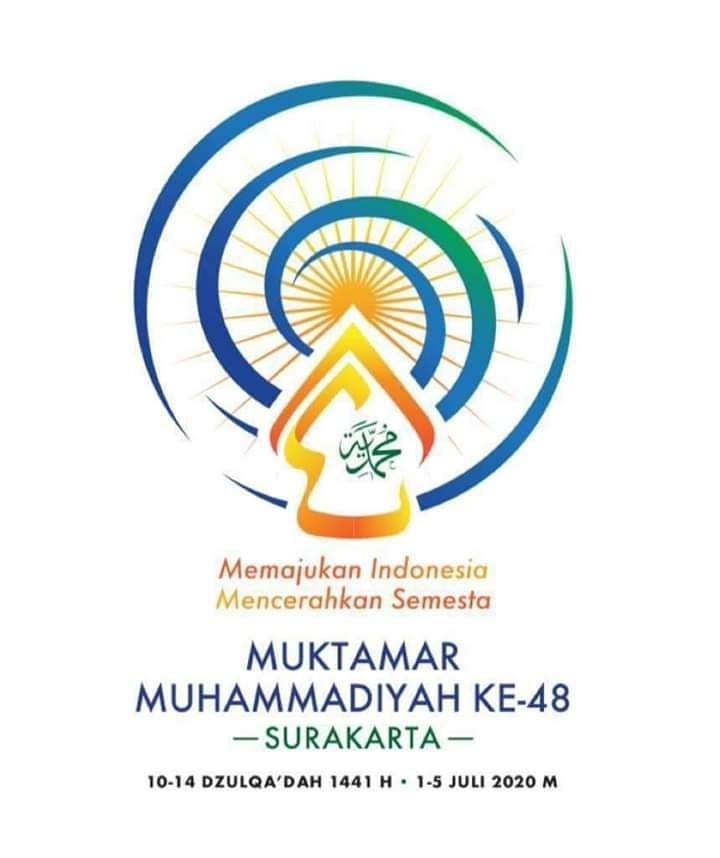Surakarta-The emergence of green revolution has brought about other problems in agriculture, among other, creating farmers’ dependence on chemical fertilizer and pesticide, and degrading land fertility. To avoid such problems, integrated agriculture is believed as an alternative that can give more benefit for farmers in Indonesia.
That was stated on Sunday (27/3) by Prof. Dr. Ir., DAA., DEA Ali Agus, the Expert Consultant of Public Empowerment Council (PEC) of Muhammadiyah Central Executive in a PEC seminar and workshop of Muhammadiyah Central Executive and Public Service Institution (PSI) of Muhammadiyah Higher Institution around Indonesia, conducted at Muhammadiyah University of Surakarta. The event held from Friday to Sunday (March 25-27) was attended by the number of PEC committee of Muhammadiyah Central Executive, representatives of PEC of Provincial Executive in Java Island, and PSI of Muhammadiyah Higher Institutions all over Indonesia.
Ali said the country must not produce unhealthy future generation. To create healthy generation, agriculture should be the most important aspect that needs full attention. He also said European countries, the USA, and Australia developed very well due to their agricultural industry-based economy that includes farming, breeding, and fishing.
He stated that green revolution also gave an impact for agricultural world owing to creating dependency on chemical fertilizer and pesticide that damage environment. “Besides, green revolution has degraded land fertility and made stagnant agricultural productivity,” he explained. That the farmers become farther away from local wisdom principle is also the result of green revolution that is marked with several agricultural problems in Indonesia. One of them is the loss of some 275 local rice varieties such as Gogo Lempuk, Kawoeng, Dewi Tara, Tjina, Si Gadis, Mandjetti, Gendjah Lampung, and Rodjo Lele in Java Island. 54 rice varieties used to be planted by shifting cultivators around Dayak Hulu Sungai Bahau area are also gone.
Facing the problems, Ali believes that integrated agricultural system with breeding as a prime mover becomes an alternative solution. “By applying integrated agricultural system, the farmers are diverted toward farming system that can lengthen biological cycle through optimizing land, by-products of farming, plantation, and breeding, so there is an economic-value product in every link,” he said.
The benefits of applying integrated agricultural system are increasing income variation, decreasing production cost, optimizing land wisely to keep land fertility, and crating integrated institutional development. (hmz - uhamka)


